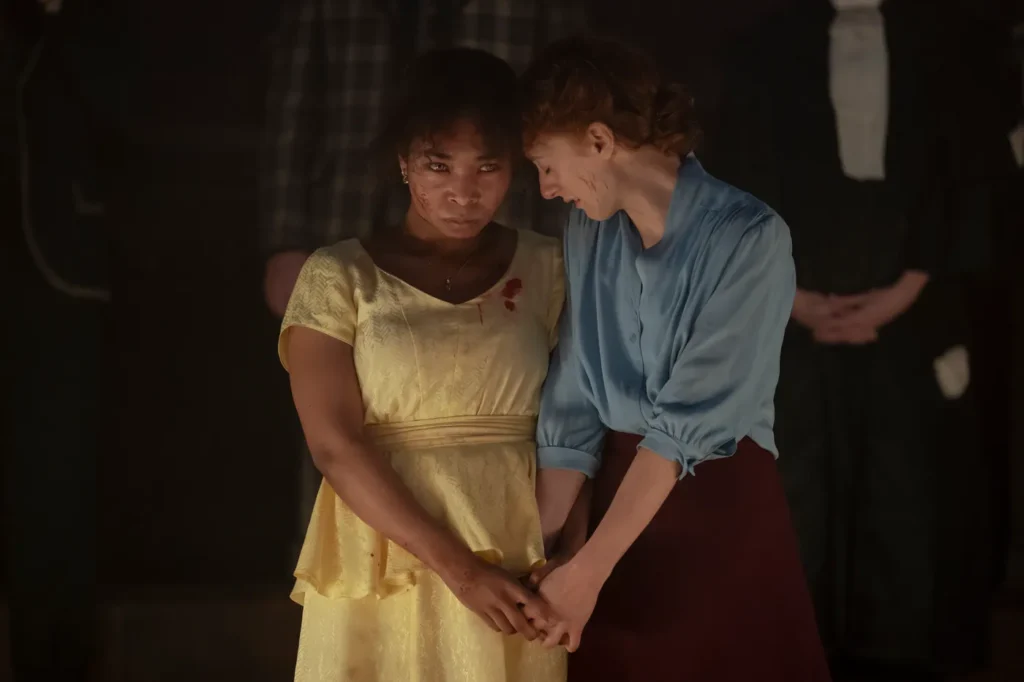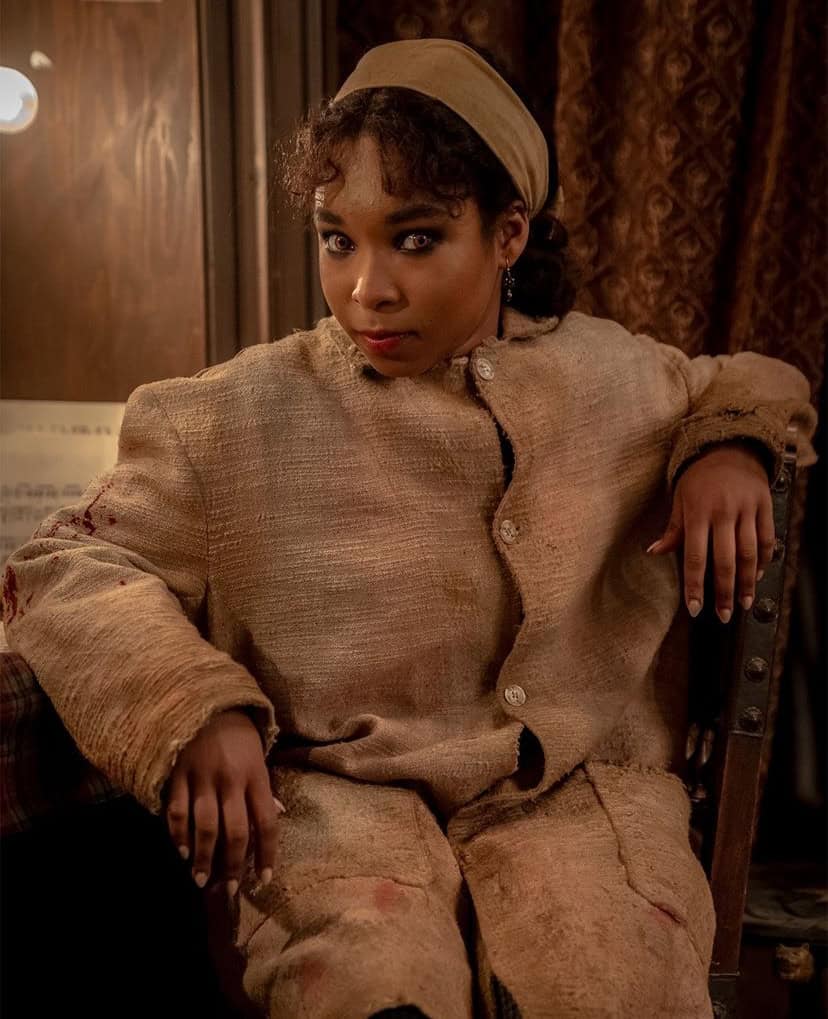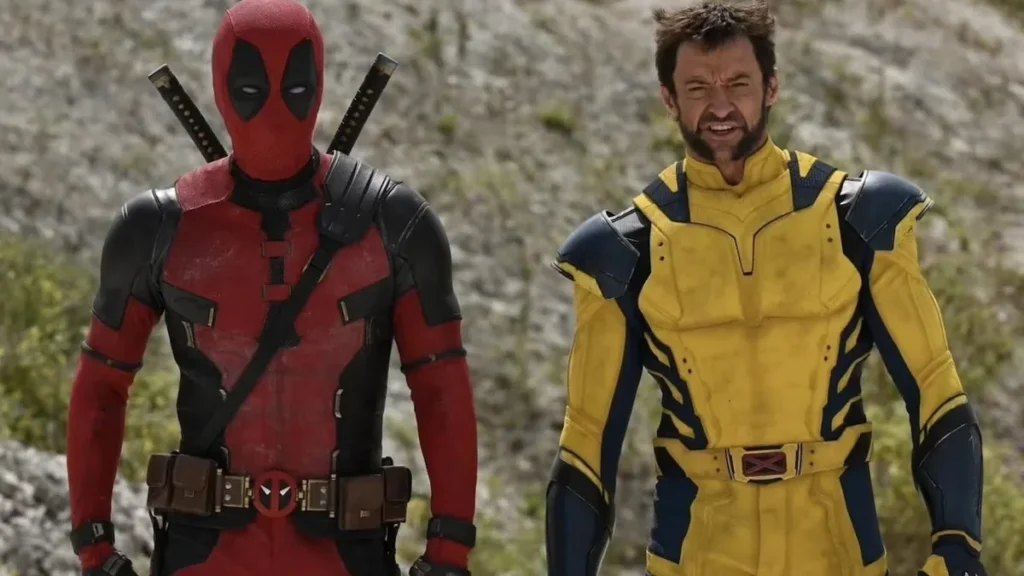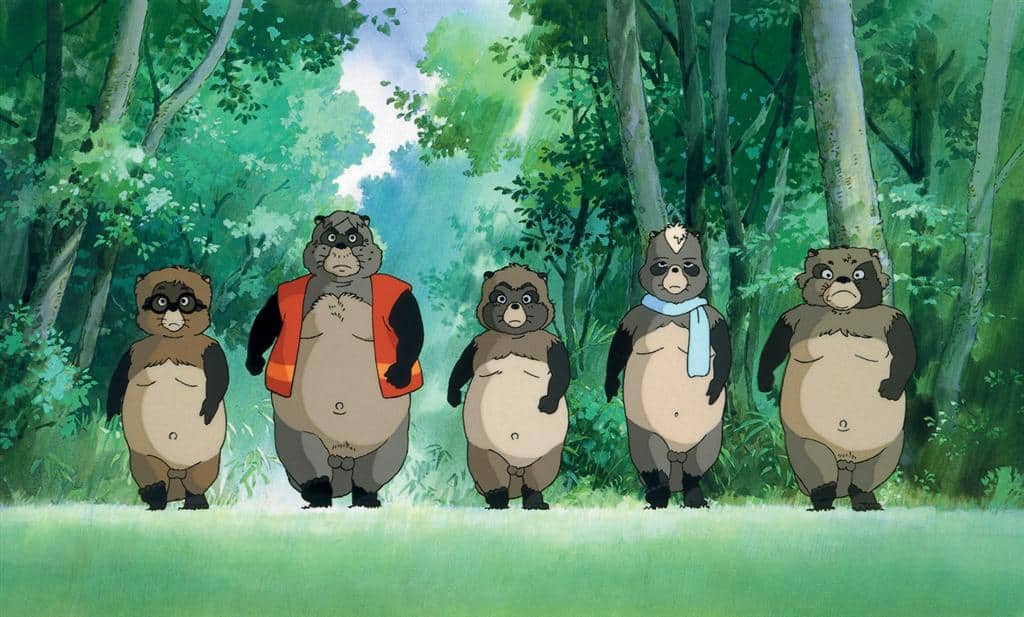It’s hard being an Interview with the Vampire fan. Despite an ongoing stellar season, and incredible cast performances, the series has been dubbed ‘the best show almost nobody is watching’, a frustrating but honest view held widely across the fandom. This, combined with denied cast interviews has created a real worry that inaccessibility is affecting its viewership. As we approach the end of the second season, the seventh episode, ‘I Could Not Prevent It’ is particularly heartbreaking and details the tragic fate of Claudia played with outstanding care by Delainey Hayles.

The series’ cast somehow tops each episode and the love interests of Jacob Anderson’s Louis de Pointe du Lac, portrayed by Sam Reid in Lestat and Assad Zaman in Arman make for a complicated romance. At its core, Interview with the Vampire grapples with the intense vastness of human emotions and the morality of characters doomed to be immoral by their very nature. Diminishing these characters to fan ships, team Lestat or team Armand pedestalises grown men as flawed but redeemable to a fault and sits in stark contrast to Claudia who is punished for her actions despite being the one character that is quite literally a child. The episode sees her on trial and sentenced while Lestat whose details of his abuse of Louis is forgiven and welcomed with open arms. There is an apology to Louis but no apology to Claudia who also experienced Lestat’s rage and nursed Louis back to health. Claudia’s lynching is further compounded by the very action that saves Louis – companionship. Saved by his paramour Armand, who sees Claudia as a barrier to their romance, she is once again nobody’s priority and punished where the men are freed.
In Anne Rice’s original 1976 text, Claudia is an orphaned five year old girl. Contextually, she is a fictionalised memorial to her 5 year old daughter, ‘the loss of her and the need to go on living when faith is shattered.’ For Rice, Claudia is a placeholder for her grief, ‘I cannot even say now that I regret Claudia’, Rice writes through her characters and paints her as ‘my dark child, my love…Claudia broke my heart.’ But beyond Rice’s intentions, Claudia takes on a role of her own. A contemporary of writers like Angela Carter, and amidst the backdrop of second wave feminism and an atheist belief, Claudia becomes a bargaining chip for an unstable union between the male vampires all the while searching for proof that she exists beyond a prop for Louis’ humanity and a tether for his troubled romances.
In both the 1994 movie and AMC series, Claudia is aged to 10 and 14 years respectively, but nonetheless turned into a vampire without her consent. Biblically, there is a passage that highlights the implications of this particular choice, ‘when I was a child, I spoke as a child, I understood as a child, I thought as a child; but when I became a man, I put away childish things.’ This speaks to autonomy, the ability to grow and to evolve. In the case of Claudia, it underscores the tragedy of her story – a woman stuck in the body of a child and cursed to be forever reliant on the men in her life. Her turning at a young age leads to a lifetime of suffering where she is punished for attempting to free herself from a lonely life she did not choose.

The decision to cast Claudia as Black makes her a triple threat; a victim of race, gender and age bias. The policing of her identity leaves her in a liminal state, unable to experience sisterhood, girlhood, womanhood and the romantic and platonic relationships in between. The one thing she chooses, a relationship she manages to form in spite of this, is denied her, a consequence for partaking in the illusion of choice.
Within both contemporary and gothic horror, female autonomy is often depicted as a punishable offence. In Stephen King’s Carrie, our titular character is born of trauma and condemned when she inevitably reaches her breaking point. Yellowjacket’s Laura-Lee is killed when she makes the decision to leave the island and get help. In Halloween (1978), the final girl trope is established and the qualities that dictate her fate. Laurie Strode survives because ‘the other girls were busy with their boyfriends, they were busy with other things. Laurie had the perception because she’s not involved in anything. She’s lonely, she’s looking out the window’. In the eyes of John Carpenter and Debra Hill, female loneliness is rewarded with life, creating a rule where women are awarded goodness and worth by their conformity. This contrasts greatly with Anne Rice’s Claudia, whose loneliness and companionship with a woman is her downfall. Within the series, Claudia’s desire for choice and active participation in her own life is marred by acts of violence including a referenced sexual assault storyline. This is a shared trait with Diablo Cody’s cult classic, Jennifer’s Body (2009). Jennifer’s actions are dictated by the lingering trauma of sacrifice, Jennifer is the wrong kind of victim and is similarly punished for her promiscuity. Jennifer, like Claudia, are thrust into lives dictated by men without their consent and both punished for it. However their fates are received differently. Jennifer’s Body is a celebrated cult classic, made particularly favourable by the line that never was, ‘no I’m killing boys’. While the initial response was not what it is today, Jennifer’s Body is seen as an example of good for her feminism and joins the ranks of supporting women’s wrongs as a new branch of female advocacy. Claudia however, is not awarded these same luxuries with a large focus being on ships amongst the male characters on the show and favouring one pairing over the other. While these episodes are still fresh, the focus on the wrong thing again waylays her suffering for the romances of the men whose actions doom her in the first instance.

The penultimate episode describes the depth of vampire loneliness, a vast stretch of cold nothingness unfathomable by the human mind. And yet Claudia, whose years of immense loneliness, penned in her diaries, is convicted by these very same entries. If both the women and the child are protected groups that are most at risk of harm, then the true tragedy of Claudia is that she never had a chance. Simultaneously a victim of infantilization and adultification, her punishment was for daring to be her own person beyond a band aid for an abusive relationship. Her companionship is short-lived but in her final moments, her decision to have someone choose her in both life and death, to know ‘she’s enough for somebody’ is the one respite she truly had.






